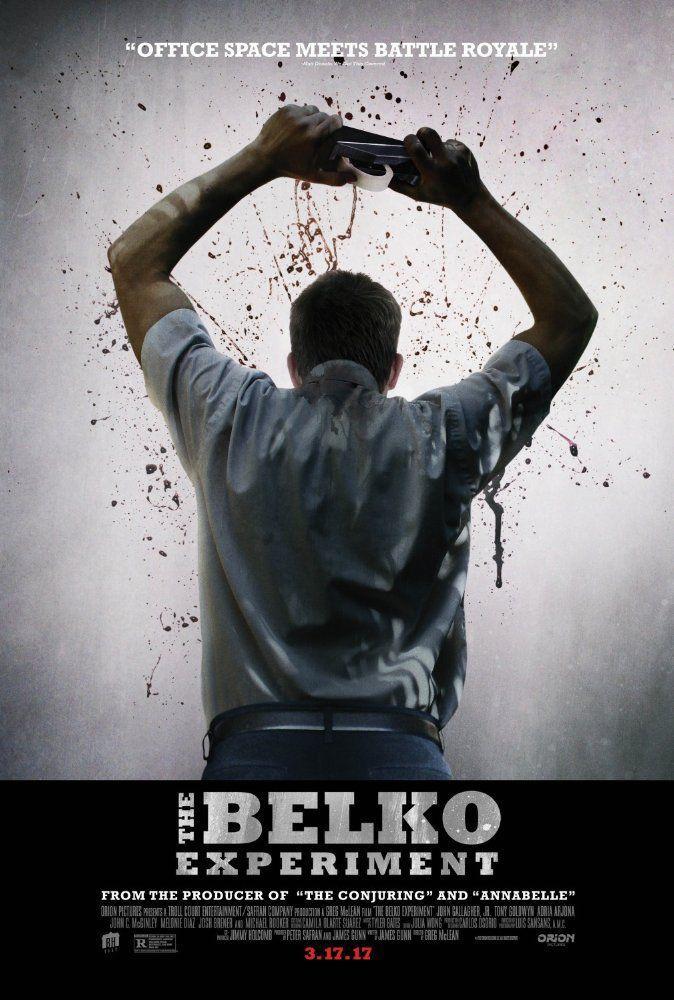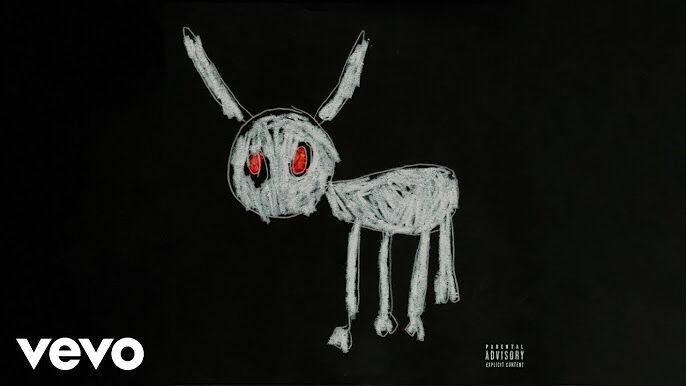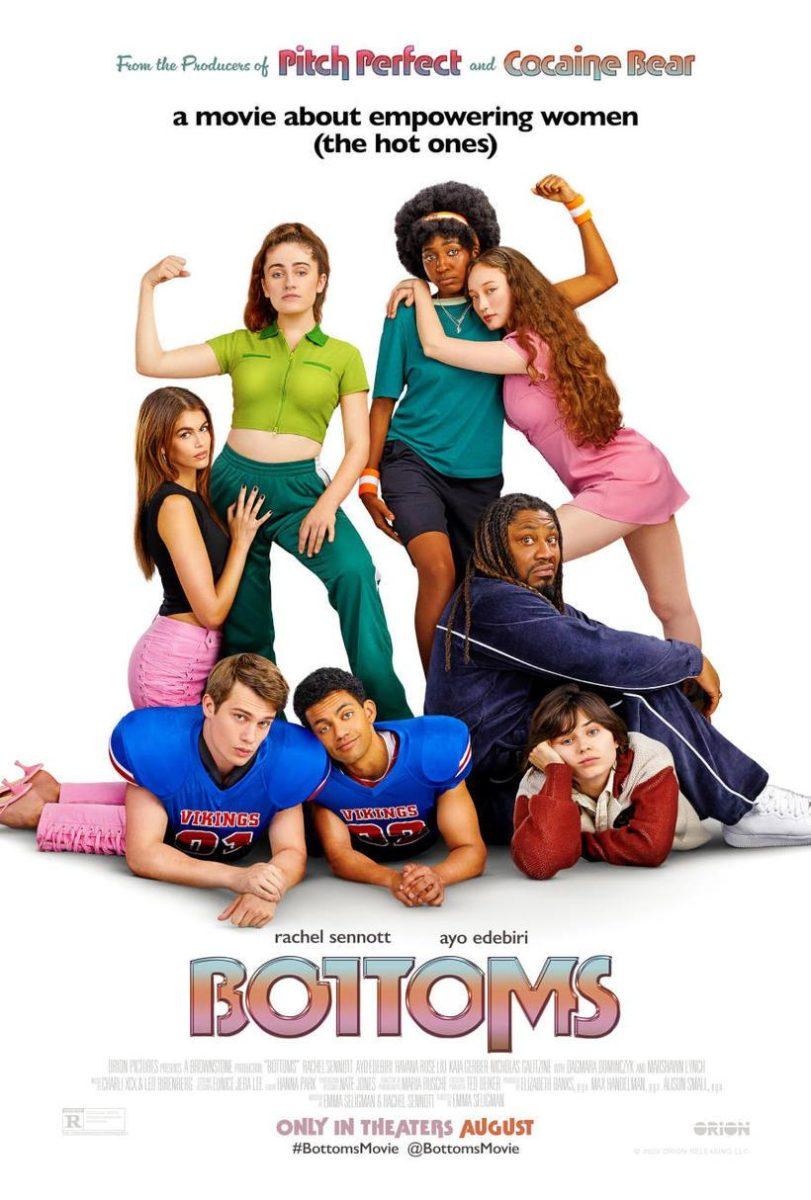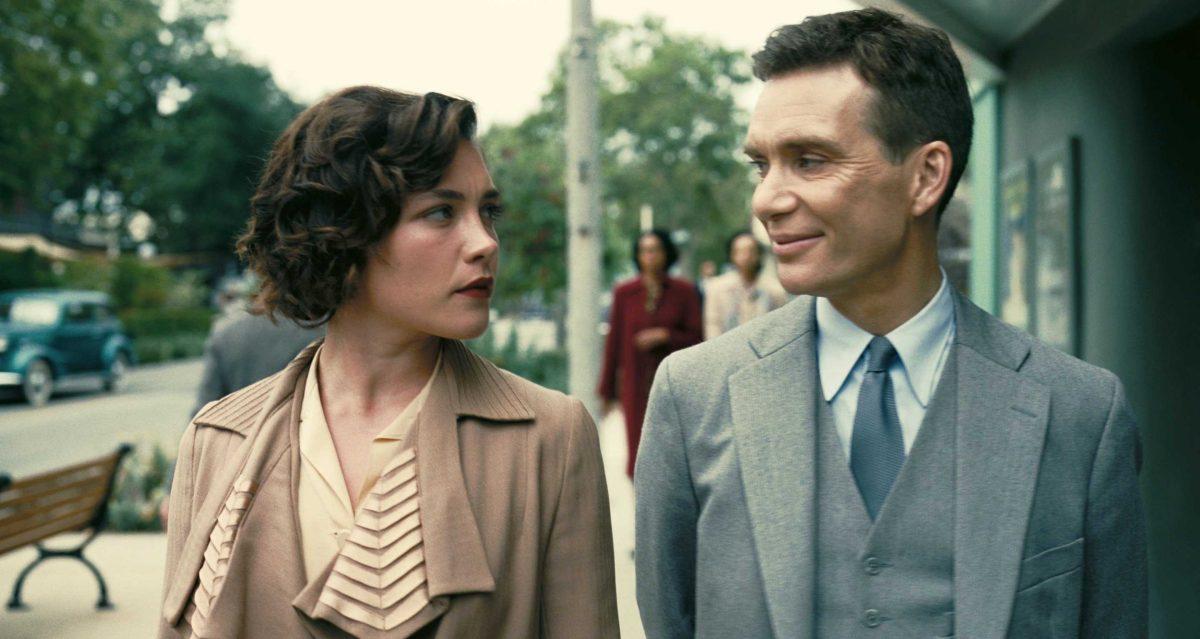There is a good movie somewhere inside “The Belko Experiment,” but it failed to find its way onto the silver screen.
STARS: 2/5
Before this review gets started, I’d like to take time to talk about one of cinema’s most deadly sins — the blatant sequel-hook.
Cliffhangers are fairly common and are a good way to sell tickets for future films. Many films and TV shows do this, promising resolution in the sequel. Sometimes the technique can be frustrating.
However, there is a point at which a film goes from having a cliffhanger ending to becoming an advertisement. This is exactly what “The Belko Experiment” did. Instead of ending after the climax, the film stretches on for another several minutes, which quickly devolve into nothing but bait for future movies.
When the credits finally start to roll, it wasn’t a memorable moment, a gruesome kill, or questions raised by the film that were stuck in my head. Instead, I was left with the knowledge that they just wanted to make more installments.
The ending minutes of ”The Belko Experiment” are literally an ad for films to come, what the filmmakers hope become a new series. So, by extension, the entire film became one big commercial to sell more Belko Experiment movies, and I paid nine bucks to watch it.
This isn’t the first time a filmmaker has done this and I don’t expect it to be the last. I genuinely feel that this is one of, if not the worst move a filmmaker could ever make.
With that being said, “The Belko Experiment” is the newest comedy horror script from James Gunn, writer of “Guardians of the Galaxy” and “Super.” Directed by Greg McLean, the film stars John Gallagher Jr., John C. McGinley and Tony Goldwyn.
IMDb describes the film as a twisted social experiment. Eighty Americans are locked in their high-rise corporate office in Colombia and “ordered by an unknown voice coming from the company’s intercom system to participate in a deadly game of kill or be killed.”
This premise itself isn’t original. In fact, we’ve watched this story quite a few times before. But the idea isn’t quite played out to the point of being boring.
The idea of everyday people getting thrust into a “kill-or-be-killed” situation is something that has been done before, and done better, in films such as “Battle Royale” and “The Hunger Games.”
However, “The Belko Experiment” makes an effort to differentiate itself by being more humorous. James Gunn usually knows how to inject humor into his stories. The opening minutes of the film even tried to establish a more light-hearted tone.
However, that tone was abandoned when the story picked up in intensity. If the film was trying to be a dark comedy or a satire, it lacked a lot of humor. This film could have been a satirical commentary about the grueling 9-to-5 American work culture, but it wasn’t.
If rumors are to be believed, James Gunn’s screenplay was filled with more jokes and dark humor. However, Greg McLean chose to take the story in a much bleaker direction.
Of course, it’s impossible to trust rumors. However, this would explain some of the issues in the film.
“The Belko Experiment” fails to offer a substantial commentary on society and lacked the in-depth exploration of the darker side of human nature that both “Battle Royale” and “The Hunger Games” accomplish. For a movie whose premise revolves around a social experiment of sorts, that’s a bad thing.
That is probably the biggest problem with “The Belko Experiment.” The film had so many chances to be something interesting and new, but at every turn, the film made the safest and blandest choice.
James Gunn has shown his ability to write great and original characters, but the characters in “The Belko Experiment” fell flat. They all remained static throughout the film and were all put into one of three categories. The bad guys wanted to kill everyone to stay alive, the good guys wanted to find an alternative way out of the situation and the neutral characters stayed on the fence.
While lacking serious emotional depth, the characters were entertaining enough to hold the audience’s attention. To be clear, this is not necessarily a boring film. It was fun to watch the violence and bloodshed on the screen while it was happening, but it’s the kind of film that leaves your mind when you leave the theater.
In its advertising, “The Belko Experiment” directly compared itself to “Battle Royale,” a film with a very similar premise. In the Japanese classic, a class of high-school students is chosen by the government to partake in a twisted game where the kids must kill each other, until only one student remains.
What made “Battle Royale” such an excellent film was seeing all the different ways these children reacted to the situation. In one particular scene, a pair of lovers chose to throw themselves off a cliff to the rocks below so they can die in each other’s arms, rather than become murderers. There was a great diversity in the ways in which all the contestants reacted to the situation.
There just isn’t a moment in “The Belko Experiment” with the same emotional punch. Luckily for the film, there is a market for mindless gore films that you can put on when a few friends come over and have a good time with. “The Belko Experiment” fits into that category perfectly.
“The Belko Experiment” may have suffered because the writer and director had two different visions for the film. For a film that feels like it should be rife with social commentary, it sorely lacked any.
The makings of a good film are there, and with more work, this could easily have become a much better film. There are a handful of directions the movie could have gone that would have resulted in a very entertaining film. It’s disappointing to see a filmmaker constantly make the safe choices.
What “The Belko Experiment” needed to be a good film was one of two things; either a more light-hearted tone or much more creative kills.








